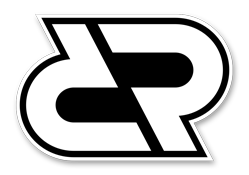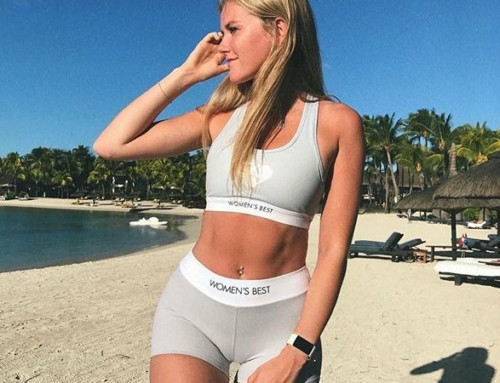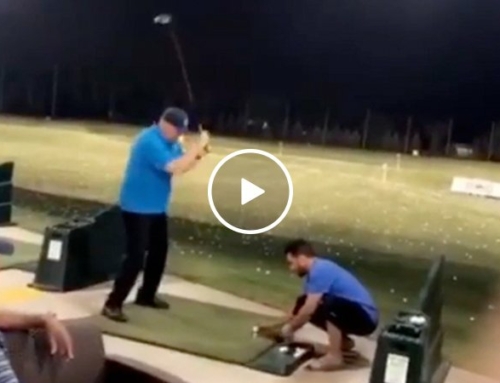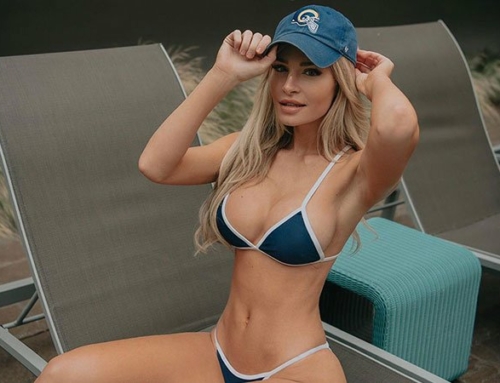Michele K. Short
“I think this is by far, in my lifetime, the strangest campaign or presidential election I’ve ever seen,” James DeMonaco, says. “When I was looking back on candidates, I wasn’t even able to draw upon anything that even resembled this crazy reality.”
In the midst of a chaotic presidential race, the timing couldn’t be more serendipitous for director James DeMonaco’s The Purge: Election Year. Based on its opening day today, the movie, which appears to have struck a nerve, is looking to beat out pricier newcomers like The BFG and The Legend of Tarzan over the July Fourth weekend.
Election Year, the third installment in The Purge franchise, is a horror-thriller tht follows Senator Charlie Roan (played by Elizabeth Mitchell) as she campaigns for the presidency with a vow to finally end the annual Purge, a 12-hour period during which all acts of violence and crime are legal. The film actually echoes some of the violence that has been a recurring concern for Donald Trump’s campaign, where some rallies have been marked by physical altercations and arrests.
But DeMonaco, who began writing the script in 2014, insists the overlap is a coincidence. “There’s no way around it,” he tells The Hollywood Reporter. “We got very lucky with that.”
As Election Year hits theaters, the director spoke with THR about the film’s parallels to the current election cycle, why a fourth Purge isn’t likely and walking the fine line between horror and absurdity.
This is your third film in The Purge series, and you’ve been working in this world for a while now. From a filmmaker’s perspective, how do you keep the plot and the characters fresh and interesting?I have no idea.
When you directed your first Purge film back in 2013, did you see that progression as the future of the series?I did. I can’t say I saw three, but I did have two in my head. I knew that if I got to do part two, I’d like to show what was happening on the streets of America. We were limited by budget. In the first film, we had a small budget. We only really could stay inside the house. And then I knew if I got a chance to do part two, I wanted to do this [something like] The Warriors — hitting the streets and showing the audience what America was like.The Warriors is one of my favorite films.
Then in the middle of two, I said if we keep going, I’d like to show some kind of revolution. Some way of getting towards the end of the the Purge, someone trying to stop the Purge.
Are there other places you’d want to bring The Purge to?I don’t think I’ll be purging much more. I can’t say definitively, but I told the trilogy I wanted to tell, so I feel like it’s a complete story.
With this film, more so than the other films, veers heavily into satire. Did you plan it that way?I think we fell into it. I can’t say any of it was planned. What I like about The Purge is that I’ve always seen it as very satirical and very absurd. I think it’s a very satirical, absurd metaphor for other things. I never want to say what I think the metaphor for the movie is. I think the audience can draw their own conclusions. I wrote it in 2014 — I mean, I knew what was coming, but I didn’t foresee them releasing the film in the same cycle as this election. I can’t say there was any architecture to my plan other than that I wanted to have a senator, and it just coincided with the election.
I think the movie is very absurd. I think the concept is absurd, in a good way. It’s absurd in the way Logan’s Run was absurd. I grew up with Soylent Green, with these metaphors for the government and society and whatnot. We’re always riding the fine line on set — am I pushing it too far? Is this now falling straight into humor? Is this too insane? Even on stuff that’s violent, like the guillotine — it’s this hyper-violence that could easily suddenly become goofy. Like, why is there a guillotine in the middle of Washington, D.C.? I like that part of it, so I think I have to always hold myself back from going too far with it.
The movie, in a very absurdist way, is kind of paralleling this election cycle. How do you think audiences are going to relate to this movie because of it?They’ll hopefully start finding parallels. I think that’s just the fun of when you read a story or you watch something. Even if the intention is not there, they can sit there and go, ‘Oh, maybe that’s Donald or that’s Hillary.’ I have to be quite honest, I never intended it to be those two people. [But] I think the audience will sit there unaware of the timeline and think, ‘Maybe they did draw these parallels.’ I think they’ll have fun with it. We got very lucky with that. There’s no way around it.
We’re seeing this crazy election year where there’s violence breaking out at what are supposed to be peaceful rallies. Starting this film, did you ever imagine that it would this closely relate to what’s happening?I can’t lie, I did not. I think this is by far, in my lifetime, the strangest campaign or presidential election I’ve ever seen. When I was looking back on candidates, I wasn’t even able to draw upon anything that even resembled this crazy reality. I couldn’t even imagine how far it would go. We did make some tweaks. Like,you brought up the violence at the rallies … the last couple lines of the film — literally the last thing you hear before the David Bowie cue at the end about violence — we did that in post-production while everything was going on. So, we did make some adjustments to mirror our society and the campaign. We filmed it before all the craziness was happening, but in post, we were trying to make some tweaks that would help put the mirror up to what was happening now.
What’s the best advice you’ve ever gotten from someone in the industry?Francis Ford Coppola — I worked [with him] on my first script I ever sold — told me if there’s [ever] a reason not to be shooting on set, ignore it and keep shooting. The problem will work itself out. Keep shooting, no matter what the problem is, keep shooting. That’s still the best advice I’ve ever gotten in my life.
What’s your favorite thing about working in film?My favorite thing is just being on set. It’s a very magical place, and I always tell people when we’re on set that we need to relish this because we’re privileged to be here. It feels like you’re in a magical place. You get to tell stories and make stuff up like we’re children again. It’s a beautiful thing.
What is your least favorite?Being on set! [Laughs] No, I’m kidding. Dealing with bad notes.
What scares you most about the current election cycle?The bullying tactics are terrifying to me. I don’t like bullies, and there’s a lot of bullying happening.
If you could rewrite one law that you see as useless, what would it be?[I’ll be] silly and say jaywalking.
What are you reading right now?I just finished A Little Life by Hanya Yanagihara, and now I’m starting Zero K by Don DeLillo.
What summer movie have you been most looking forward to?Bourne. Very excited for the new Jason Bourne.
Source: Hollywood Reporter – Top Story





